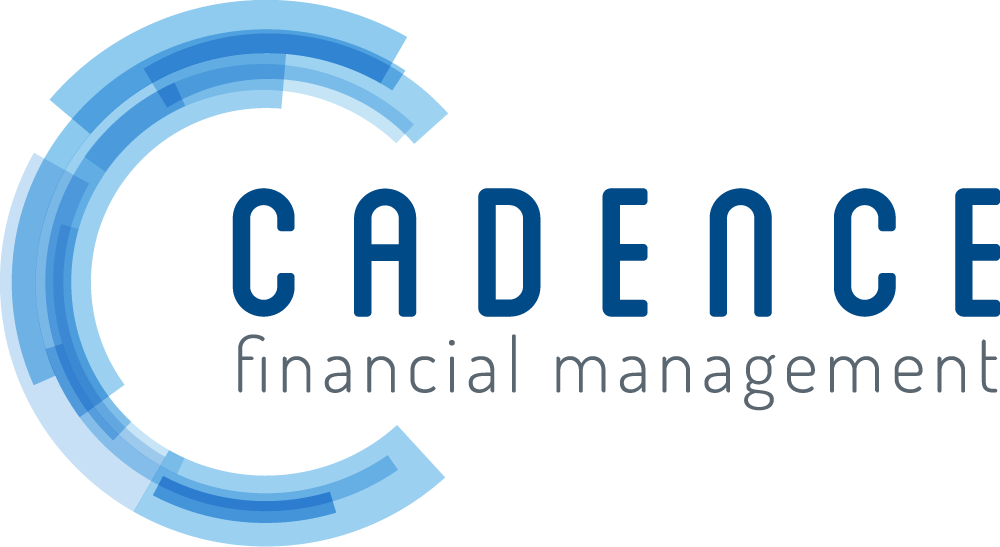The High Cost of Financial Stress in the Workplace
According to the results of a 2024 American Psychiatric Association mental health poll, 43% of adults reported higher subjective feelings of anxiety than they did the previous year. Respondents indicated feeling anxiety related to a number of issues, but high on the list were the economy (77%) and paying bills or expenses (63%). These concerns were on par with worries about their health (63%), keeping themselves or their family safe (68%) and gun violence (69%).
According to ComPsych, the world’s largest provider of employee assistance programs, anxiety is the No. 1 presenting issue of employees seeking counseling, exceeding self-referrals for depression, stress, relationship issues, family issues, addiction and grief. The direct consequences of untreated anxiety impact both employees and employers alike.
Referencing MetLife’s annual U.S. Employee Benefit Trends Study, SHRM notes that “financial concerns and a persistently high cost of living — which other reports suggest are causing a significant number of employees to live paycheck to paycheck — are the top reasons for poor mental health among employees in 2024, cited by 45 percent.” As a result, costs for employers are rising as well. According to ComPsych, employee leaves of absence resulting from mental health issues have surged by an astounding 300% from 2017 to 2023, with durations ranging from just a few days to several weeks. Absenteeism and resulting losses in productivity can be significant for organizations.
These alarming statistics underscore the critical need for employers to prioritize financial wellness programs as part of a holistic benefits offering. This can include financial planning workshops, budgeting tools and debt management programs. In particular, access to one-on-one sessions with financial advisors can provide personalized guidance and support for employees struggling with financial stress.
To further support employees’ financial well-being, organizations can also consider offering resources such as emergency fund assistance programs and student loan repayment plans. The SECURE 2.0 Act authorized the establishment of pension-linked emergency savings accounts (PLESAs), or short-term savings accounts maintained as part of a worker’s retirement plan. Available for plan years beginning after Dec. 31, 2023, plan sponsors may auto-enroll their employees into PLESAs, make employee contributions to PLESAs through payroll deductions and provide matching contributions. Employers may set a contribution limit of up to $2,500, which participating employees can withdraw without the penalties associated with drawing funds from their retirement account.
By equipping workers with the necessary resources to manage their finances effectively, employers can help alleviate some significant drivers of poor mental health in their employee pool. This investment not only supports the well-being of employees but also benefits organizations by fostering a more engaged and productive workforce and helping to reduce costs associated with mental health-related absences.
Sources:
https://www.dol.gov/newsroom/releases/ebsa/ebsa20240117
This material was created to provide accurate and reliable information on the subjects covered but should not be regarded as a complete analysis of these subjects. It is not intended to provide specific legal, tax or other professional advice. The services of an appropriate professional should be sought regarding your individual situation. The material presented was created by RPAG. Securities, investment advisory, and financial planning services offered through qualified registered representatives of MML Investors Services, LLC. Member SIPC (www.sipc.com). Supervisory Office: 16 Campus Blvd, Newtown Square, PA 19073. Cadence Financial Management, LLC is not a subsidiary or affiliate of MML Investors Services, LLC or its affiliated companies. ACR# 6870507 08/24
